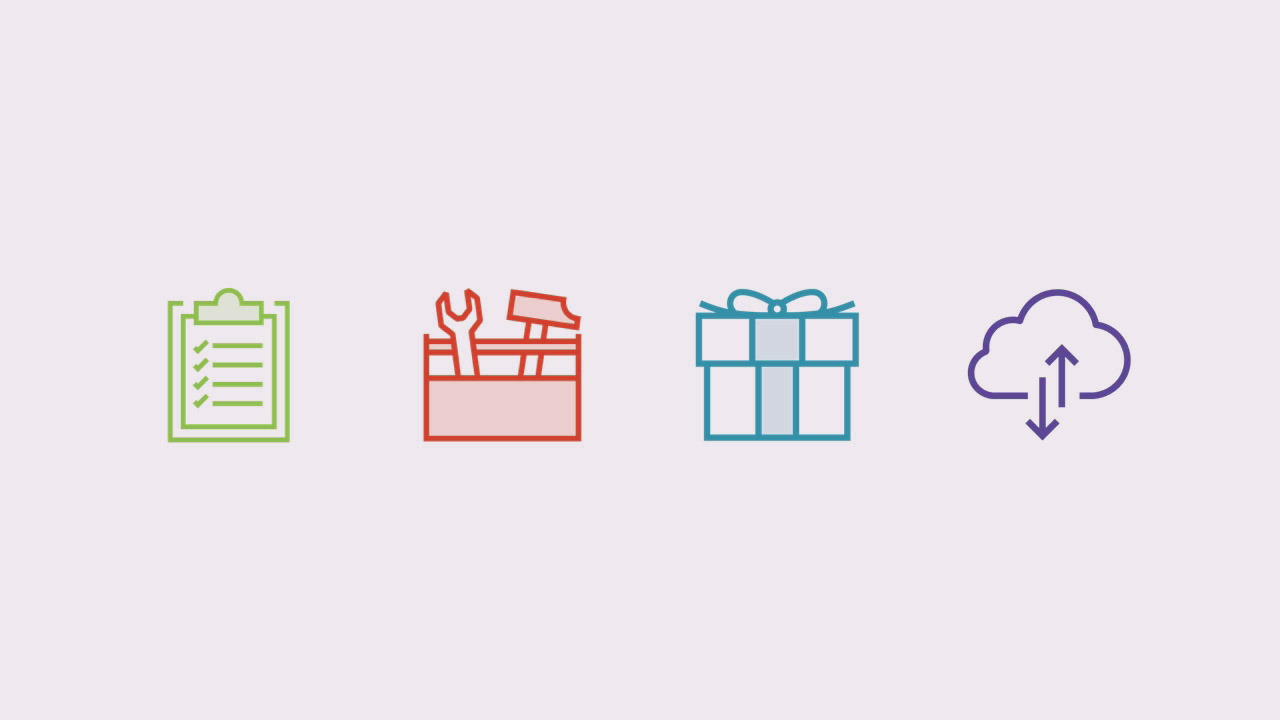- Course
Continuous Delivery Using Docker And Ansible
Learn how to fast-track applications from development to production by automating various application tasks with Docker and Ansible. You'll learn how to create a continuous delivery workflow that delivers a sample Python Web application to AWS.

- Course
Continuous Delivery Using Docker And Ansible
Learn how to fast-track applications from development to production by automating various application tasks with Docker and Ansible. You'll learn how to create a continuous delivery workflow that delivers a sample Python Web application to AWS.
Get started today
Access this course and other top-rated tech content with one of our business plans.
Try this course for free
Access this course and other top-rated tech content with one of our individual plans.
This course is included in the libraries shown below:
- Core Tech
What you'll learn
Continuous delivery is fast becoming an indispensable practice for organizations that want to develop and deploy applications to production at speed with improved reliability. This course, Continuous Delivery Using Docker and Ansible, will teach you how to create a robust, production-class continuous delivery workflow that will test, build, release, and continuously deploy your applications in Docker containers. You'll learn how to create a portable workflow locally on your machine that you can invoke with a handful of simple commands, and then learn how to run your workflow in the popular Jenkins continuous delivery system using the new Jenkins pipeline plugin. Along the way, you will learn how to compose multi-container environments using Docker Compose, publish test reports, set up integration with GitHub and Docker Hub, and finally, deploy your application to Amazon Web Services (AWS), using the AWS CloudFormation service to define all of the infrastructure requirements for your application and AWS EC2 Container Service to run your Docker applications in production. By the end of this course, you'll have a better understanding of continuous delivery and how you can use Docker and Ansible to develop and produce better applications more efficiently than ever.
